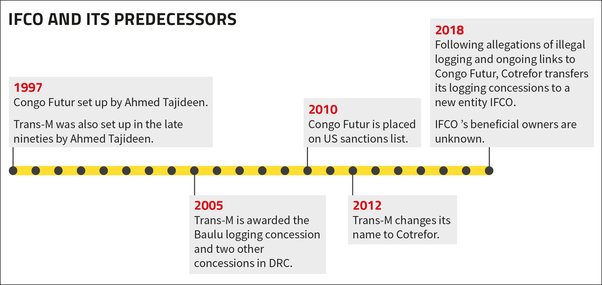MEPs today backed plans to prevent EU banks from financing deforestation around the world, in a landmark vote confirming the European Parliament’s position on a new law to protect forests.
The draft law published by the European Commission proposes restricting imports of coffee, timber, palm oil, cattle, palm oil, soy and cocoa which are linked to deforestation.
MEPs voted to strengthen the law by adding other commodities including rubber to this list, obliging European financial institutions to conduct due diligence to prevent investments projects that cause deforestation, and boosting protections for indigenous rights. [1]
Reacting to the vote, Giulia Bondi, Senior EU Forests Campaigner at Global Witness said:
“Today’s vote is a ray of hope for the world’s forests and the indigenous communities that are struggling to protect them. Preventing European financial institutions from financing the destruction of forests would be a monumental step forward in the fight to protect threatened ecosystems like the Amazon.
This could be the beginning of the end of the money pipeline that is destroying forests around the world – but only if national governments across the EU step up and support this plan to make European banks deforestation-free in negotiations on the final law.”
Last year, Global Witness showed how EU-based financial institutions struck €30.6 billion worth of deals with 20 agribusiness companies accused of deforestation between 2016-2020.
Global Witness revealed in June that rubber is the European import that poses the biggest threat to West and Central Africa’s tropical forests. Rubber appeared in early Commission drafts of the law but was removed after tyre industry lobbying.
The vote follows the failure of national environment ministers to strengthen the law when agreeing their position.
Today’s vote will form the basis of the negotiating position of the European Parliament as they agree the text of the final law with the national environment ministers and the European Commission. Negotiations are scheduled to start towards the end of the month, with the final law expected to be agreed before the end of 2022.
Notes to editor:
[1] MEPs voted to add swine, sheep and goats, poultry, additional palm oil derived products, maize, wood charcoal, printed products such as books, and rubber to the law.


